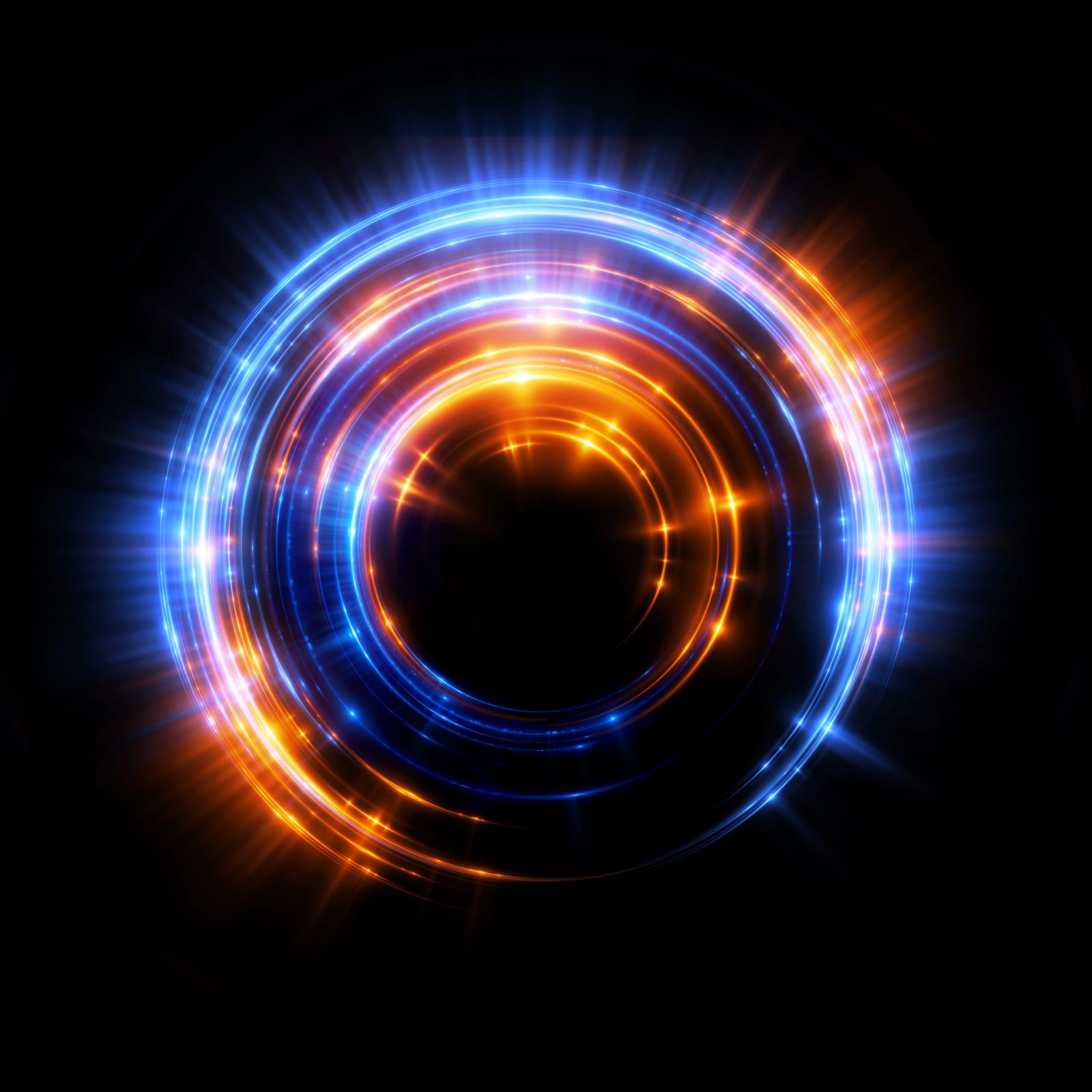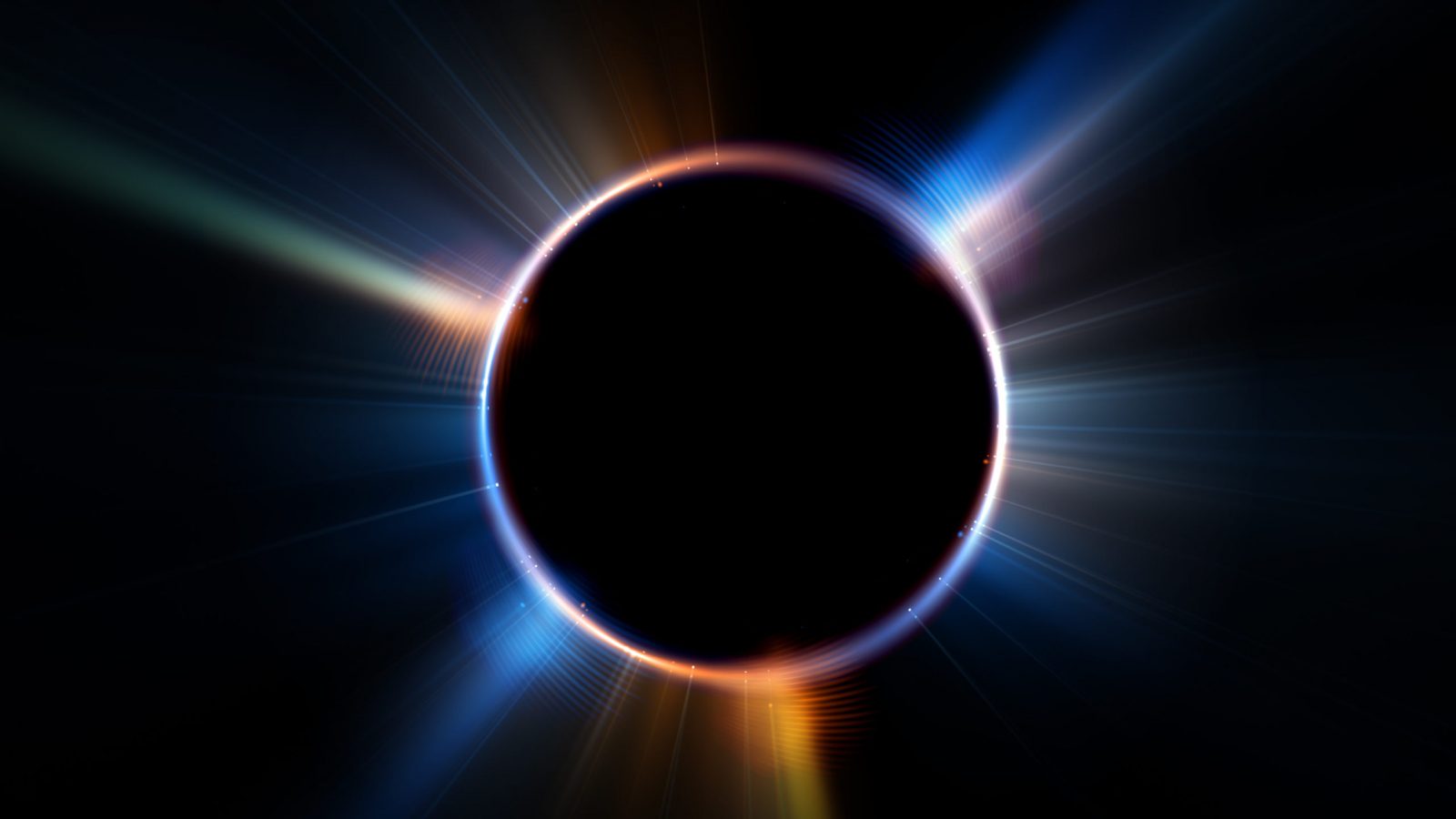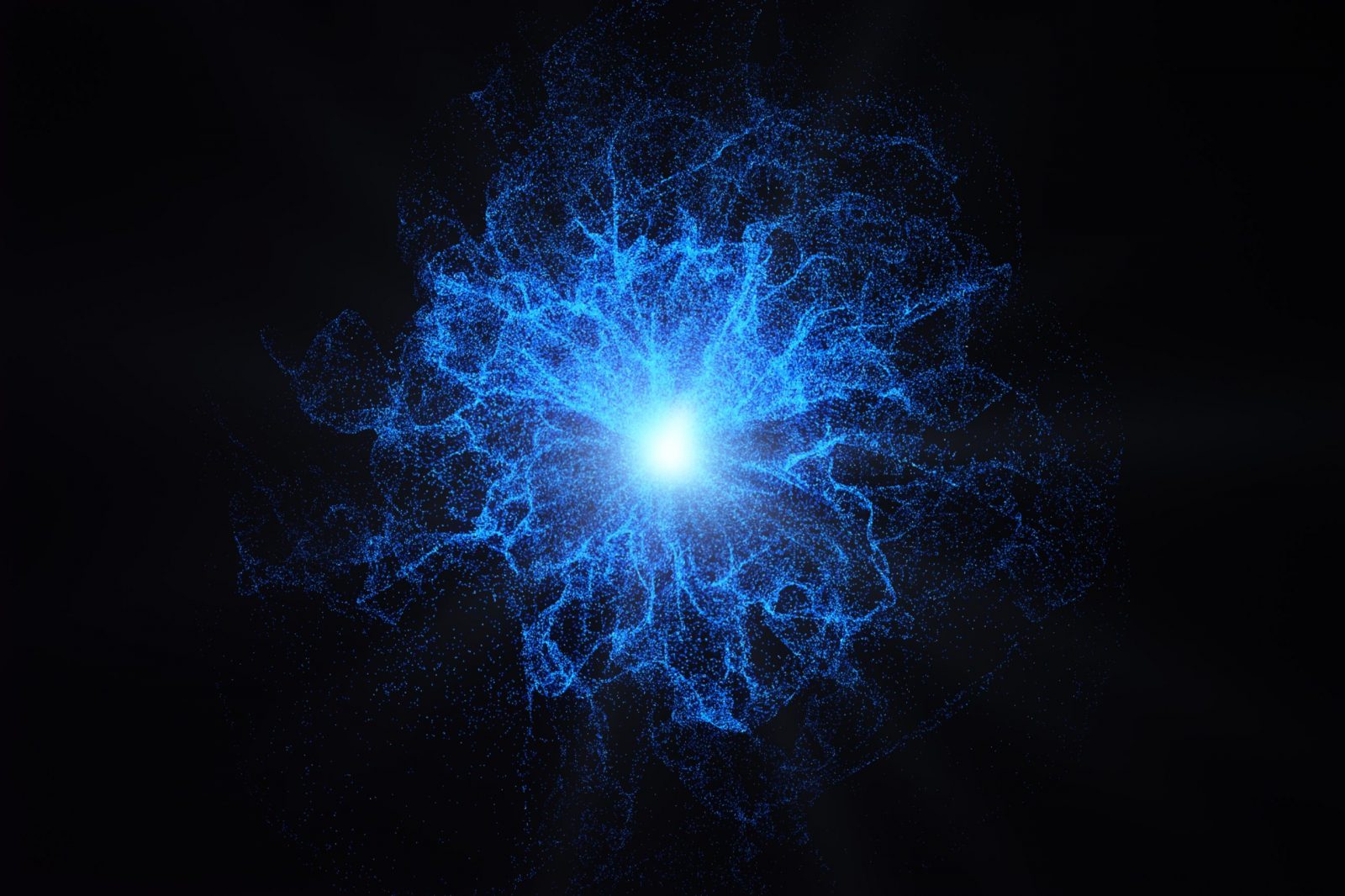
Kirk Durston on Fantasy Science and Scientism — Pt. 3 of 3
On this episode of ID the Future, Kirk Durston, a biophysicist focused on identifying high-information-density parts of proteins, completes a three-part series on three categories of science: experimental, inferential, and fantasy science. Fantasy science makes inferential leaps so huge that virtually none of it is testable, either by the standards of experimental science or by those of the historical sciences, which reason to the best explanation by process of elimination. One example of fantasy science, according to Durston, is the multiverse. As he insists, an imaginative story largely untethered from evidence and testing but told using math instead of literary devices is still an imaginative story untethered from evidence and testing. Scientism, “atheism dressed up in a lab coat,” can lead to fantasy science of this kind because it commits itself to materialistic conclusions for philosophical reasons, not scientific ones.

